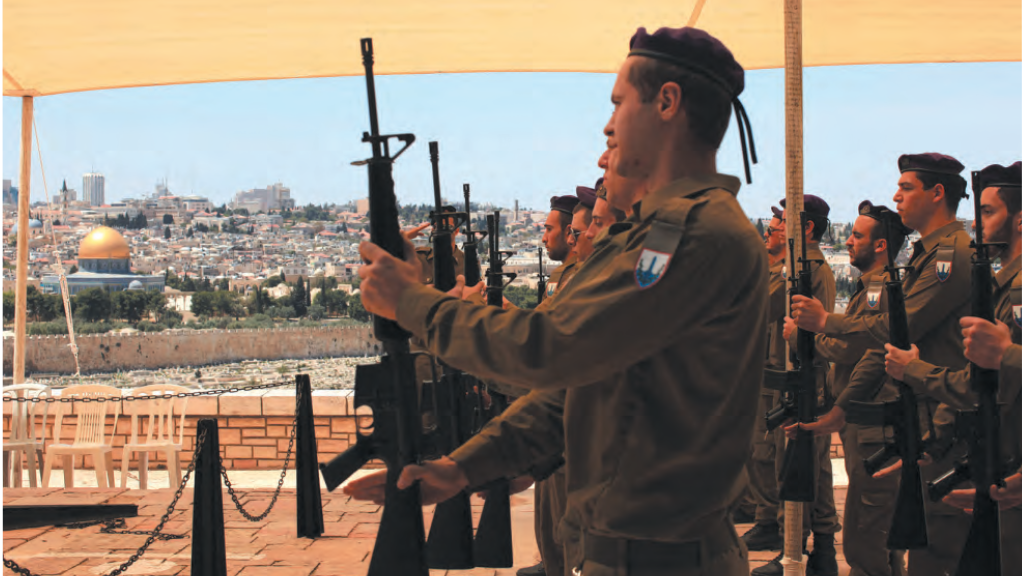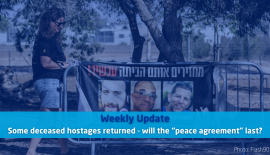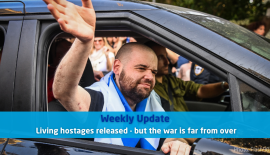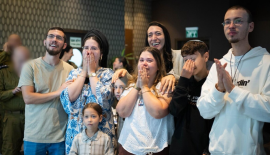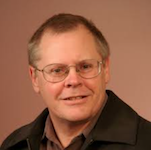Yom Hazikaron
Israel does not have an ‘army’ designed to attack others. Israel has a Defence Force (IDF) with the purpose of defending Israel from the annihilation that many seek against Israel. Israel was content with the League of Nations’ original plan for Israel to have a homeland reflecting an area of the Davidic Kingdom. There would be one Jewish state in a sea of Muslim and Arab states.
“Israel has a Defence Force (IDF) with the purpose of defending Israel from the annihilation that many seek against Israel”
All surrounding countries received Statehood in 1923-25; Israel’s Statehood was delayed. Israel was willing to accept just 3/10ths of what was originally promised when the League of Nations bowed to Muslim pressure and created ‘Jordan’ (first ‘two-state solution’). Israel was willing to accept the United Nations’ 1947 ‘Partition Plan’ giving her only half of the remaining 3/10ths. Israel just wanted her ancient homeland to live in peace, so half of 3/10s was better than nothing! But Israel’s neighbours were never happy with any of these plans for Israel to have her own State, regardless of size.
Opposition against Jews returning to their land and the establishment of a State quickly arose, especially from the Grand Mufti of Jerusalem around 1920. There began a series of deadly terrorist attacks against Jewish towns and Kibbutzim, that generated the need for citizens to defend themselves. Most were not trained soldiers; many gave their lives to defend their families and communities from terrorist attacks designed to eliminate the Jewish presence and State. When the British Mandate (1920-47) forces did not protect them, Israel formed a Haganah ‘The Defence’ in 1920 to protect her citizens from the many terrorist and riot attacks over the following years. In 1948 the Haganah was incorporated into the Israel Defence Force (IDF).
“Israel’s ‘Declaration of the Establishment of the State of Israel’ was met by military attacks from all surrounding nations”
On 14 May 1948 (5th Iyar 5708) Israel’s ‘Declaration of the Establishment of the State of Israel’ was met by military attacks from all surrounding nations who did not concede Israel’s right for a State. These did not accept the United Nations’ vote, nor did they consider that there were many Arab States and only one Jewish State. They did not want any Jewish state or Jewish presence in the Middle East. This caused Israel’s average citizen to again take up arms to defend themselves alongside the Haganah (IDF) in their War of Independence.
Israel’s War of Independence went for over ten months, and Israel lost 6,373 lives, about 1% of her population; 4,000 were soldiers in the IDF, the rest were civilians, with 15,000 wounded. The positive was the new State of Israel kept the UN’s Partition Plan area, yet also gained almost 60% of the area proposed for an Arab state (that the Arabs rejected).
In the following two years memorial services were held on Israel’s Independence Day to remember the lives of those fallen during the process of Israel re-establishing her ancient homeland, especially those lost during the War of Independence. Then came the move to establish a separate Day of Remembrance, where Israel could mourn the loss of lives and then celebrate their Day of Independence on another day.
“Today, Yom HaZikaron remembers all those fallen fighting for the establishing and survival of the State of Israel”
In 1951 Israel’s Prime Minister David Ben-Gurion (also Minister of Defence) set up a ‘Public Council for Soldiers’ Commemoration.’ They proposed a ‘General Memorial Day for the Heroes of the War of Independence’ to be set on 4th of Iyar, the day before Israel’s Day of Independence. This is called the ‘Remembrance Day for the Fallen Soldiers of the Wars of Israel and Victims of Actions of Terrorism’ or Yom HaZikaron, ‘The Day of Remembrance.’
Today, Yom HaZikaron remembers all those fallen fighting for the establishing and survival of the State of Israel, soldiers and civilians, and the many wounded and disabled. In 2023 it was decided to recognise non-Israeli Jewish victims of antisemitic terror attacks outside of Israel, as a way to generate solidarity with the Jewish Diaspora. Many also mourn the senseless loss of lives from those attacking Israel; as Golda Meir said, “We can forgive the Arabs for killing our children. We cannot forgive them for forcing us to kill their children.” Today’s remembrance includes those murdered on 7 October 2023, and fallen in the Hamas and Hezbollah war.
The Jewish day starts on the evening, and at 8pm sirens sound for one minute across the land. Everything stops and the nation stands in silence to remember, including traffic where people stand outside their cars. Places of entertainment are closed; TV and radio broadcasts take on a solemn tone. Many TV channels list the names and ranks of every soldier who died for Israel’s existence, and list civilian names killed in attacks since 1851. Many wear the Red Everlasting flower (Dam HaMaccabim, ‘Blood of the Maccabees’). Flags are at half-mast.
At 11am the following morning a two- minute siren sounds, and again all stand in silence and solidarity to remember Israel’s fallen. Official memorial services are held at cemeteries where soldiers are buried; many military services are held with surviving families participating. Memorial (Yahrzeit / Ner Neshama) candles are lit in homes, Synagogues, and public places, and schools (students wear white and blue). Special prayers are said in Synagogues reading Psalm 9 and 144. An official ceremony is held at the Western Wall.
As the day comes to an end at sundown, a final ceremony is held at Mount Herzl (Jerusalem) that also marks the start of Israel’s Independence Day. Israel’s flags are returned to full mast and celebrations commence. Israel remembers and mourns the loss of lives to enable them to celebrate that Am Israel Chai (the People of Israel Lives).
Dr Ashley Crane is a leading scholar/teacher (PhD Murdoch Uni.), ministering in Australia, Asia, the USA, in congregations, conferences, and seminars. Dr Crane has been in ministry since 1979, and has led six cross-cultural congregations. Dr Crane is currently helping plant Tikvat Shalom, a Messianic Jewish congregation in East Bentleigh (Victoria). He is also the Secretary for The Messianic Jewish Alliance of Australia, and regularly speaks for the MJAA.
